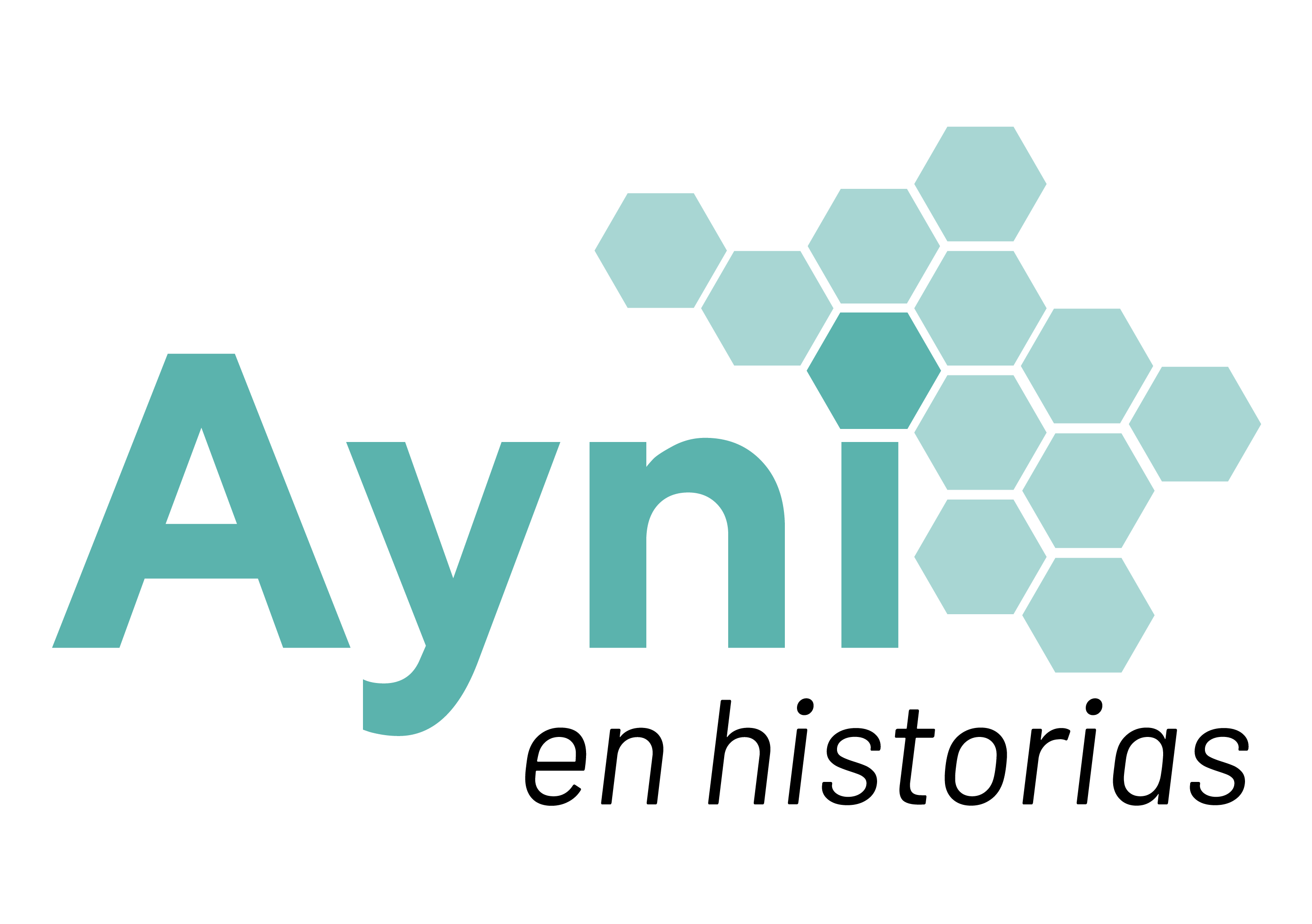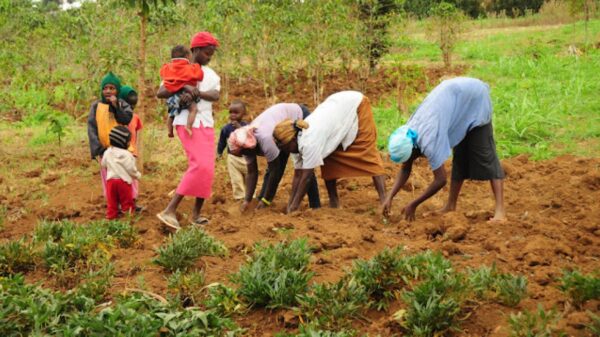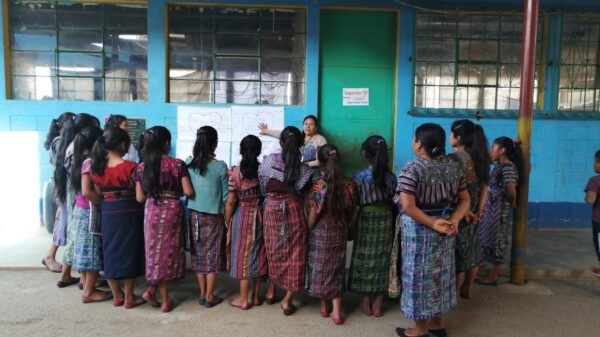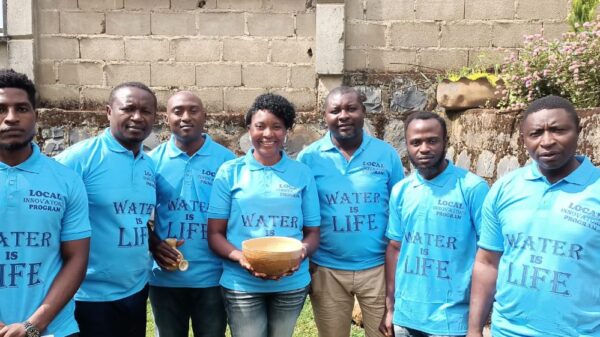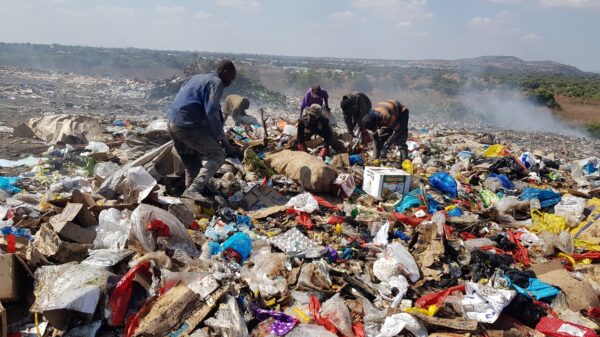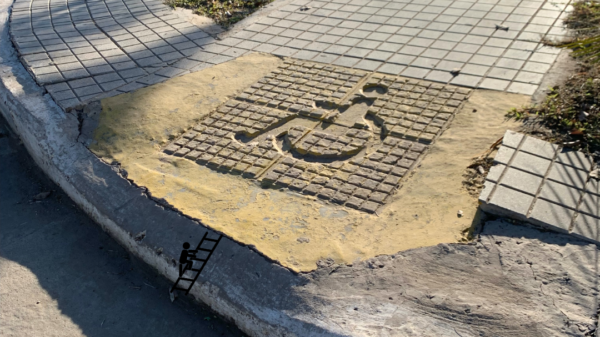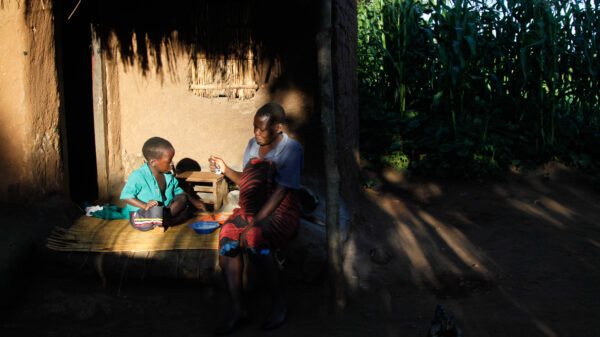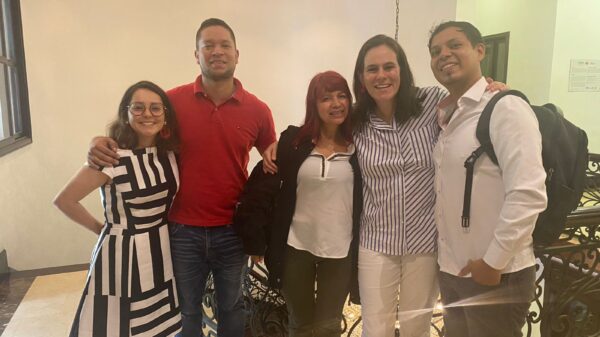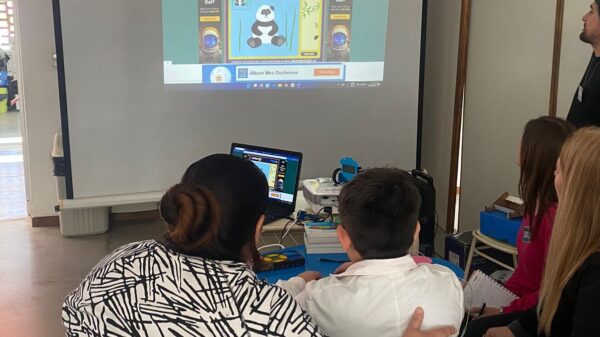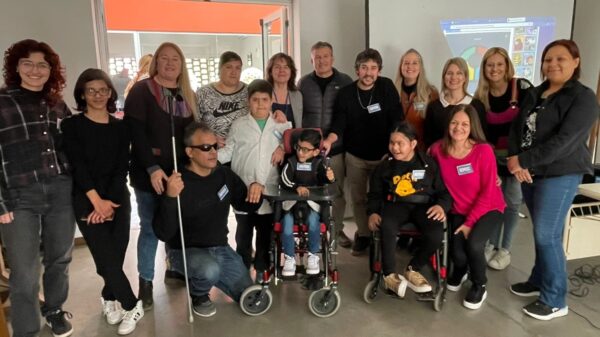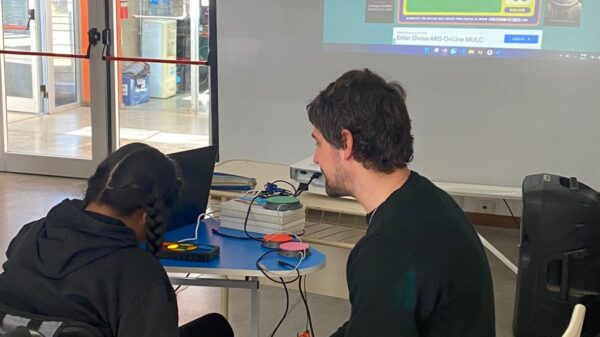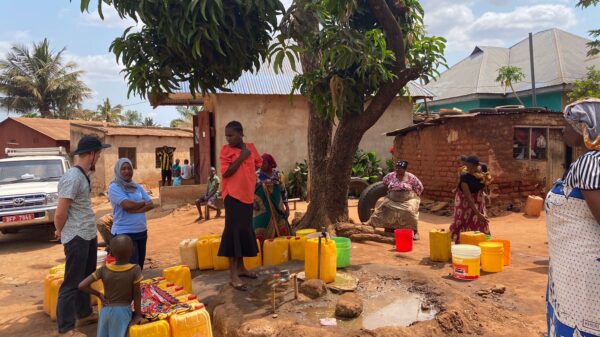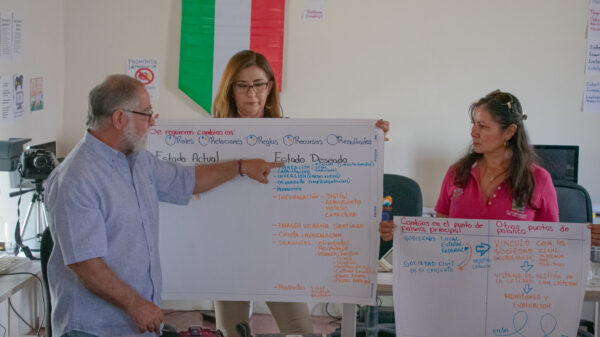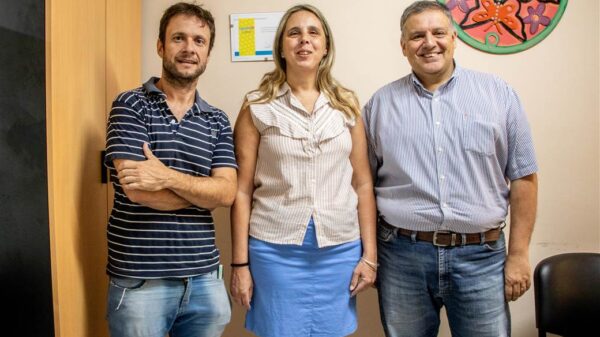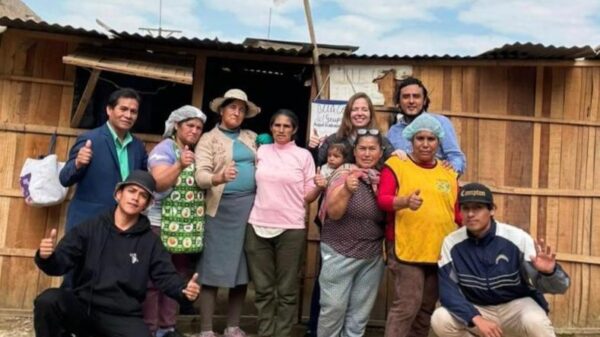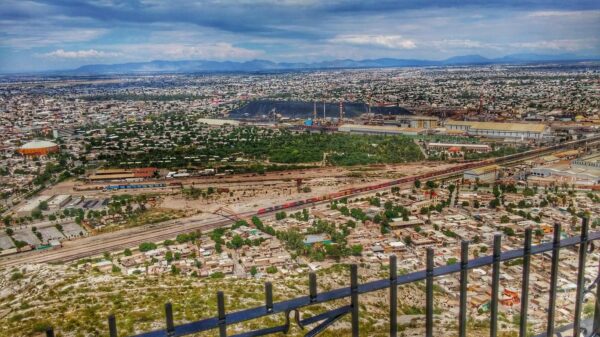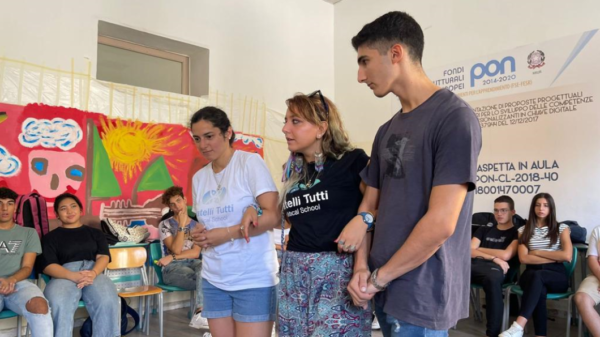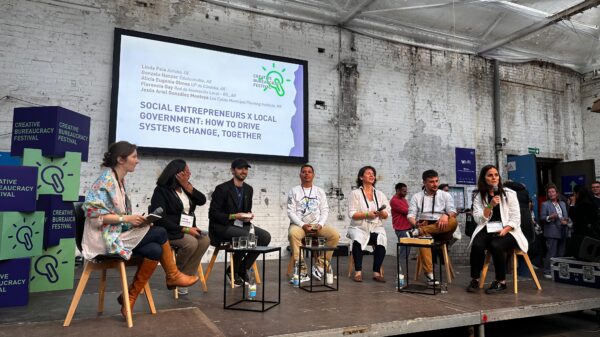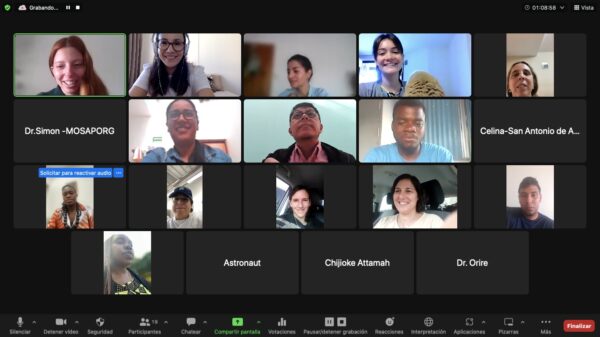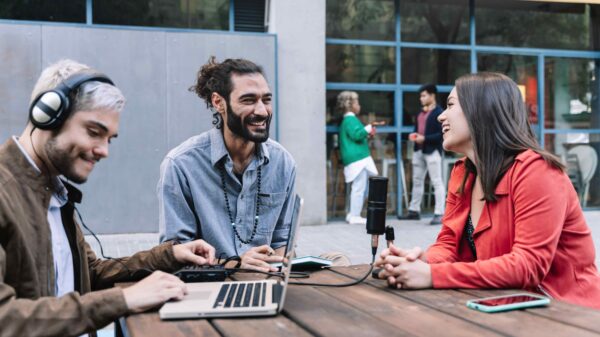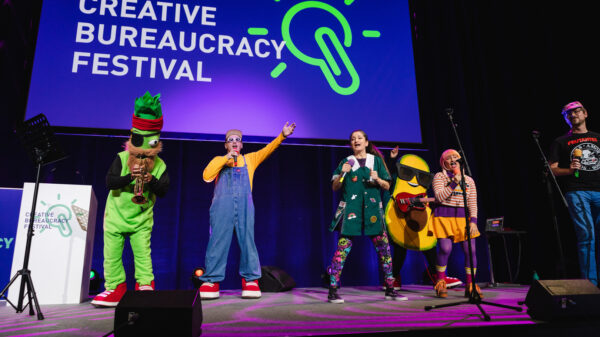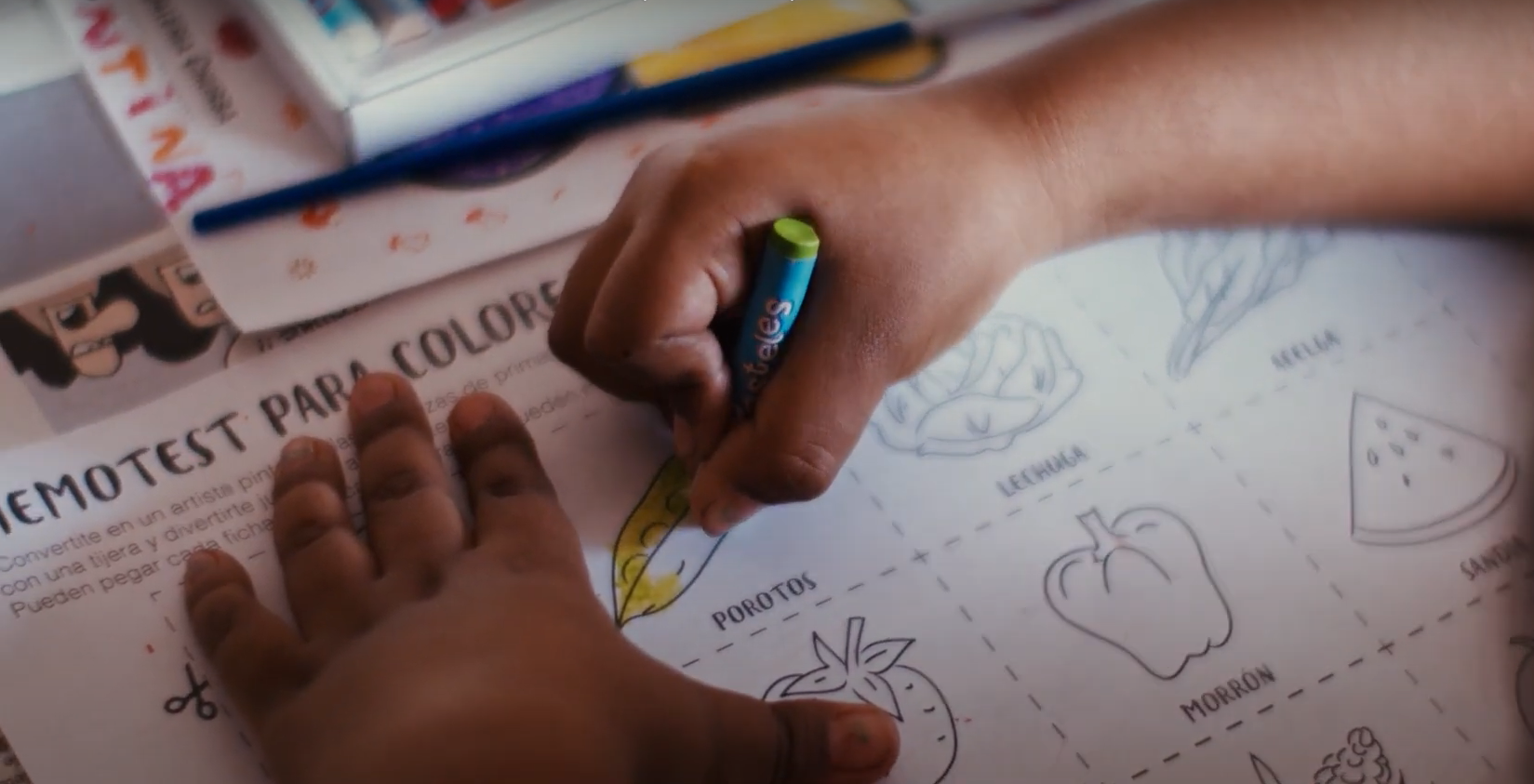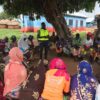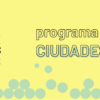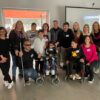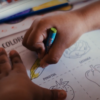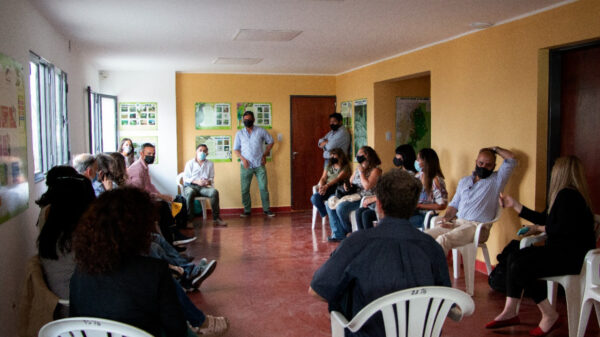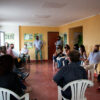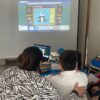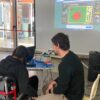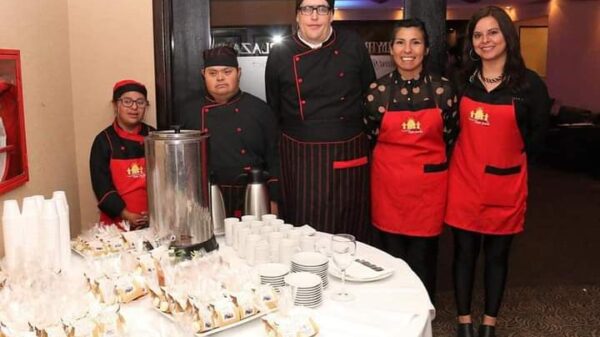What and how do boys and girls eat in the city of Córdoba? This was the question that led the team made up of the Municipality's Public and Social Innovation Laboratory (CorLab) and the PONIIO venture – dedicated to the practice, dissemination and maintenance of healthy food production methods – to detect a worrying problem: Consumption of fruits and vegetables among children from vulnerable sectors, in the second most populated city in Argentina, is only 10% of what the World Health Organization (WHO) recommends.
“LUDiK”, previously called “PRODEA”, is the project that devised a novel solution for this purpose and that was awarded among the three best in the 2021 Local Innovators Competition.
Food education and more
The proposal includes games, education, crops and recycling to achieve – the protagonists explained – both financial inclusion and food sovereignty.
“We propose the development of a standardized educational and productive model that allows its scalability. This low-cost comprehensive recreational model will be made up of four kits: urban gardens, biocomposters, urban solid waste treatment and egg production," he stated. Ramiro Argañaraz, general coordinator of the LUDiK project.
The main challenge is for boys and girls from vulnerable sectors in the city of Córdoba to reach a daily intake of fruits and vegetables of 400 grams per day, which is the minimum international recommendation.
“We will do it through nutritional food education and playful learning, moving towards food sovereignty from sustainable and sustainable production,” he defined. Maribel Coseano, specialist consulted as a member of the Social Responsibility commission of the College of Nutritionists of Córdoba.
Triple impact models
What does the program entail? The little ones will learn by playing and generate their own food, in an educational way, so that they can learn about the production chain of vegetables and the materials necessary to prepare food.
To make it possible, the initiative includes kits, tools, guides and training. “We seek to make them easy to build and distribute, under triple impact models. To implement the proposal, we will train tutors to sponsor boys and girls anywhere in Latin America,” Argañaraz explained.

The exchange network
The team selected the cultural and social center La Quadra, located in the Güemes neighborhood of the capital of Córdoba, as a space to pilot the proposal.
“We are talking about a food security problem that puts the health and quality of life of future generations at risk. Thanks to the design thinking methodology, we were able to validate that the initial hypothesis of integrating two technologies such as hydroponics and biogas through a renewable urban farm model was not viable or scalable. From this, we create a exchange network where sectors with the necessary expertise were integrated,” he reviewed Juan Pablo Las Heras, co-founder of PONIIO.
The exchange network was also especially valued by Argañaraz, who as an industrial designer saw that each stage of the Contest (*) provided them with useful and necessary learning. “We brought together a lots of actors who are experts on the subject and were not working in an articulated way. The stages helped us to introduce modifications and continue. The exchange network was the best; a firm step”, described the professional. “This methodology and way of seeing the problem is super valuable and can be put into practice with any idea. It is the most enriching thing,” added Las Heras.
The organizations involved in the change network are Asociación Civil Con-tener, Center for Studies on Child Nutrition (CESNI), College of Nutritionists of Córdoba, Center for Works and Services of Córdoba (COYS), La Quadra Cultural and Social Space, Faculty of Nutrition – Catholic University of Córdoba, Alimendar Foundation, AVINA Foundation, INTA Córdoba and Valeria Churba.
The award-winning project is in search of financing and is presented to the world with the following phrase: “We want to empower girls and boys, accompanying them in the transformation process so that they sow the seeds that shape their future”.
